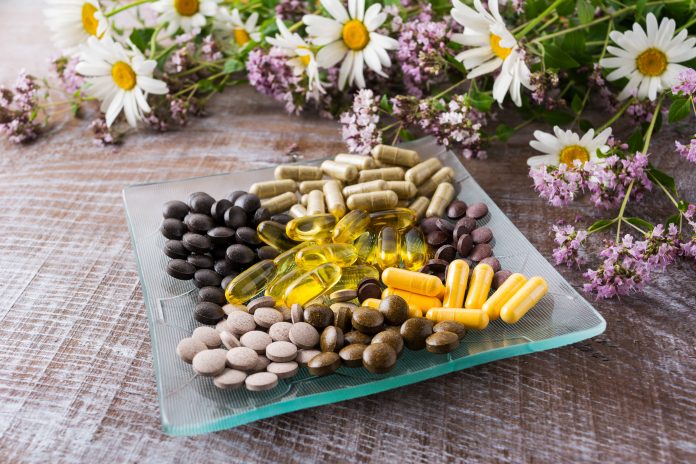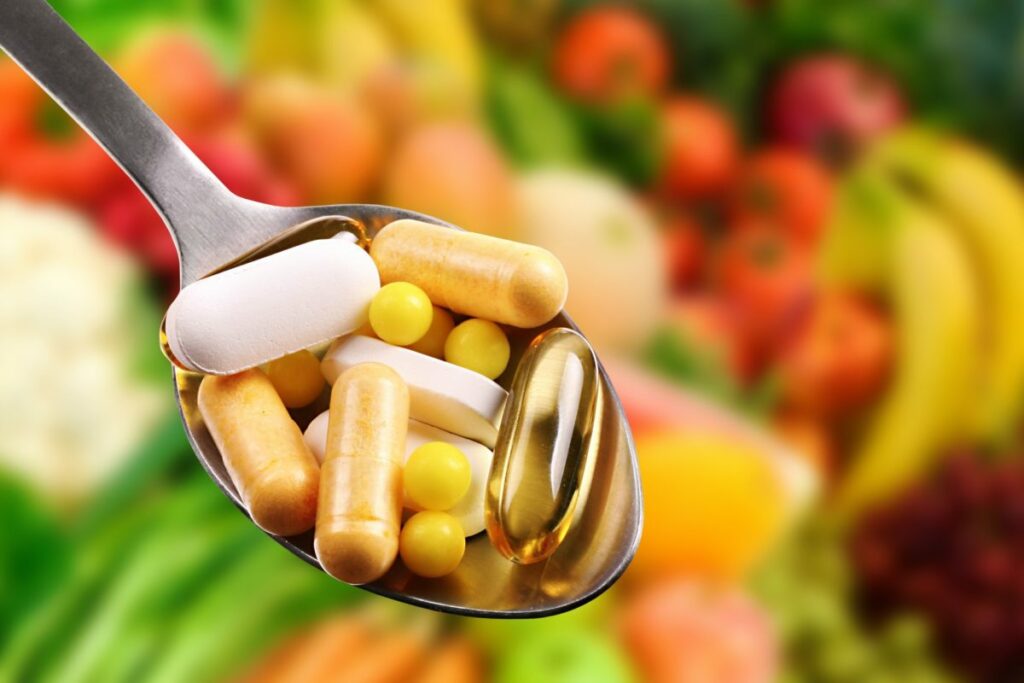Dietary supplements can be beneficial to your health at any age, but they can also cause unwanted side effects, so you need to think carefully about when and what doses to use. Among the supplements, it is best to choose natural ones, i.e. those consisting of herbs, microelements and vitamins. Before we talk about them, let’s take a look at where the supplements in our lives came from.
For thousands of years, people have been using active ingredients found in dietary supplements to help health and cure disease. Sometimes these supplements are the basis of some of the medications that are popular today. For example, people for centuries (back in the time of Hippocrates) drank willow bark tea to relieve fever. Pharmaceutical companies eventually identified a chemical in willow bark. It is salicin that has antipyretic, analgesic, anti-inflammatory and anticoagulant properties, and this knowledge has been used to produce aspirin.
All civilizations have used herbal remedies to prevent disease, heal infections and wounds. They could also treat constipation, ease pain, or act as muscle relaxants or stimulants. Research on some herbs and plant products has shown that they can have the same effects as conventional medicines, while others may have no effect or may even be harmful. Scientists have studied some natural products and found them useful. For example, omega-3 fatty acids can help lower triglyceride levels.
Why taking dietary supplements makes a lot of sense
Dietary supplements should be included in our diet to add the necessary nutrients to the body. Supplements come in the form of tablets, capsules, powders, gel capsules and tablets, extracts or liquids. They can contain vitamins, minerals, fiber, amino acids, herbs or other plants, as well as enzymes. Sometimes supplement ingredients are added to foods and drinks. As we know, you do not need a doctor’s prescription to buy dietary supplements. On the one hand, it is convenient, and on the other hand, it requires us to read the leaflet carefully to know what we are delivering to our body.
Eating a variety of healthy foods is the best way to get the nutrients you need. However, some of us may not get enough vitamins and minerals from our daily diet. In this case, doctors may recommend a supplement to replace the missing ingredients.
If you are considering using natural dietary supplements, talk to your doctor, pharmacist, or nutritionist. A supplement that appeared to be helping your neighbor may not work for you. If you learn from websites, remember the source of the information. Remember that the term “natural” does not necessarily mean “safe”. Such a preparation may also have side effects. It can also make the medication prescribed by your doctor weaker or stronger.
Buy wisely. Choose brands recommended by nutritionists – don’t buy dietary supplements with ingredients you don’t need. Don’t assume that more is better – in fact, taking too many supplements or those with a very high concentration of the nutrient can be harmful.

A wise consumer – not only in middle age, but also in youth
People over the age of 40 may need more vitamins and minerals than younger adults. Your doctor or nutritionist can tell you if you need to change your diet or take a vitamin or mineral supplement to get enough of the ingredients you choose. The most important ingredients are:
– Calcium . It is calcium that works with vitamin D to keep bones strong at all ages. Its low content can lead to fractures in both older women and men. Calcium is found in milk and dairy products (preferably fat-free or low-fat), canned fish, dark green leafy vegetables such as kale, and calcium-added foods such as breakfast cereals.
– Vitamin D . Most people around the world provide their bodies with less than the recommended amounts. Consider taking vitamin D supplementation. You can choose foods fortified with this vitamin, cereals, or fatty fish.
– Vitamin B6 . It is needed for the formation of red blood cells. It is found in potatoes, bananas, chicken breast, and fortified cereals.
– Vitamin B12 . It regulates the production of red blood cells, and its deficiency causes anemia. While older people need the same amount of vitamin B12 as other adults, some people have trouble absorbing this vitamin, which is naturally present in their food. If you have this problem, your doctor or nutritionist may recommend eating foods such as fortified cereals with B12 or taking a supplement. Vegetarians and vegans are also more likely to be deficient in it.
– Antioxidants. These are natural substances that can help protect against certain diseases. Some of the typical ones are beta-carotene found in dark green or dark orange fruits and vegetables, selenium found in seafood, liver, meat and grains, vitamin C from citrus fruits, peppers, tomatoes and berries, and vitamin E from wheat germ, nuts, sesame seeds and rapeseed, peanut and olive oil.
Whether you are taking dietary supplements or not, it is still important to lead a healthy lifestyle . So try to stick to a healthy diet, be physically active, keep your mind active, don’t smoke, and see your doctor regularly.




